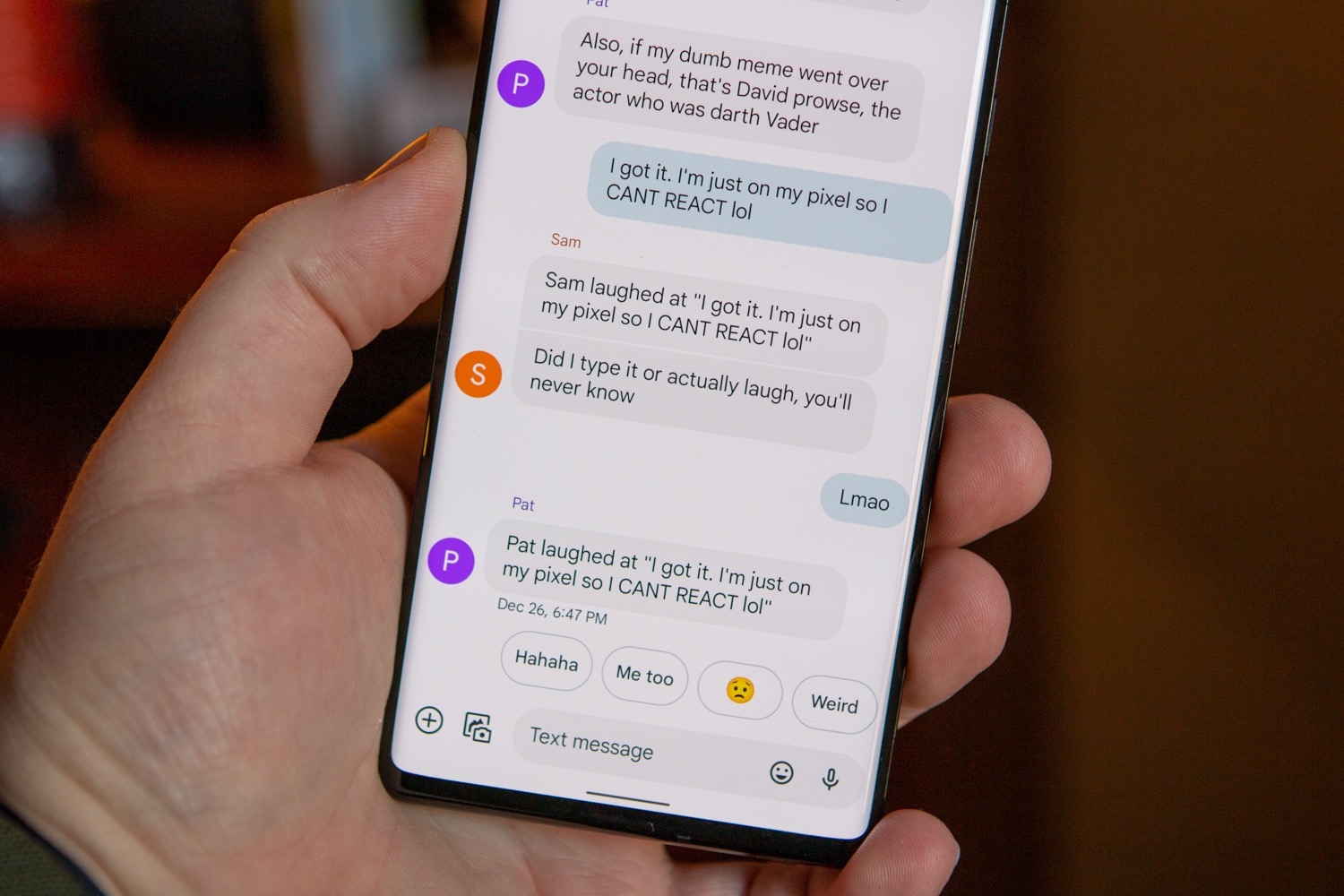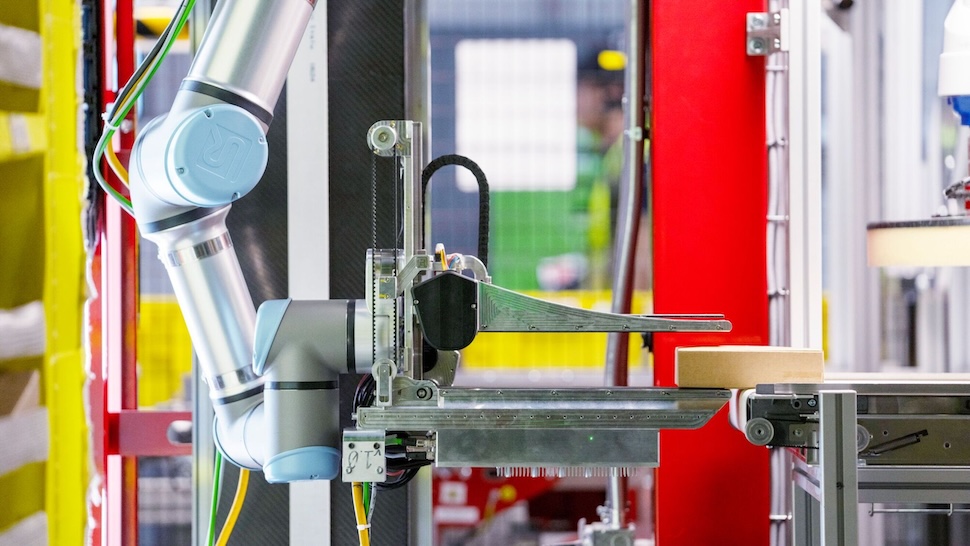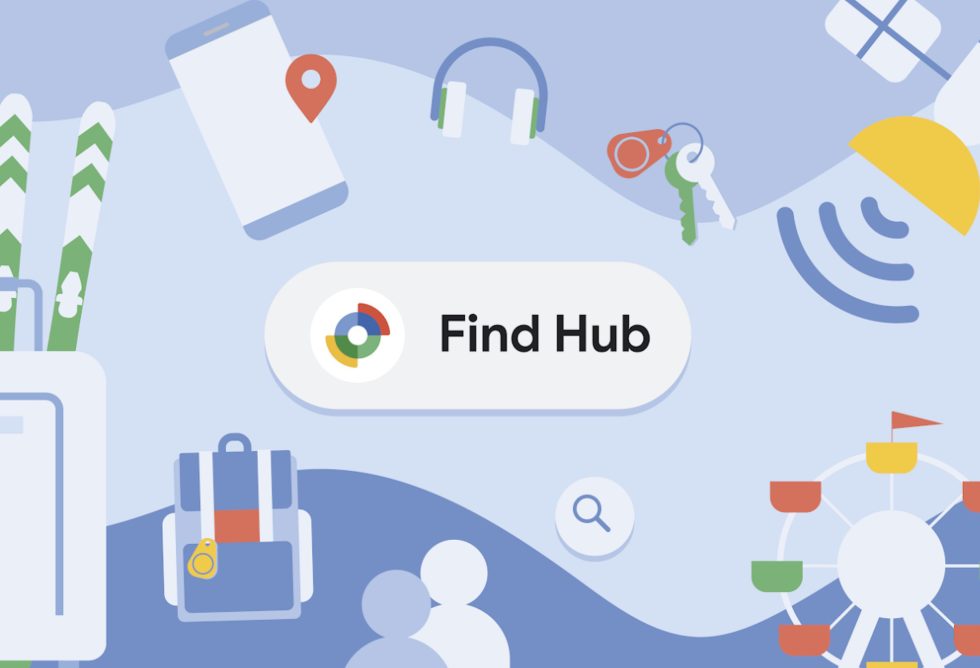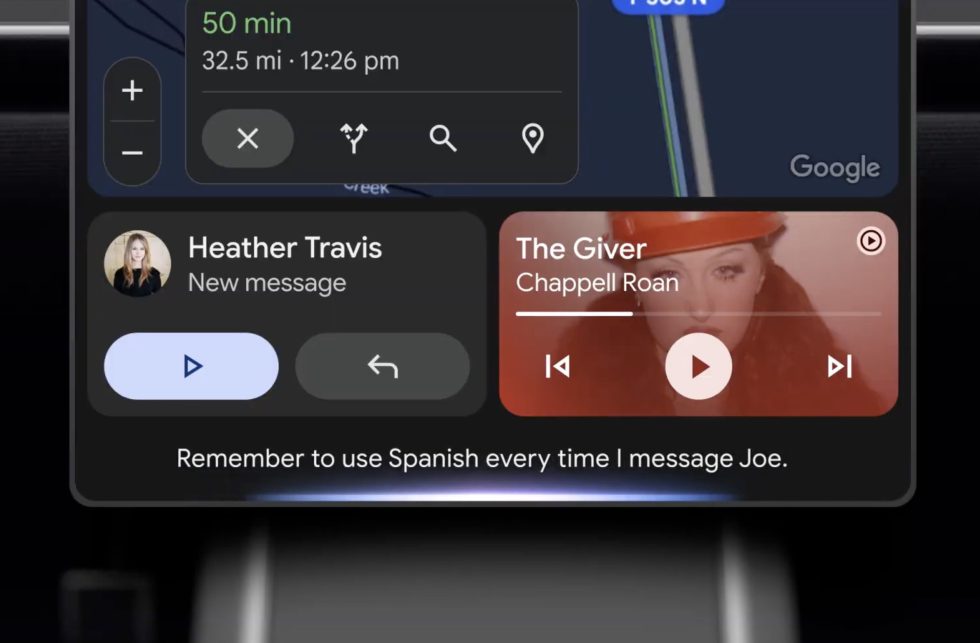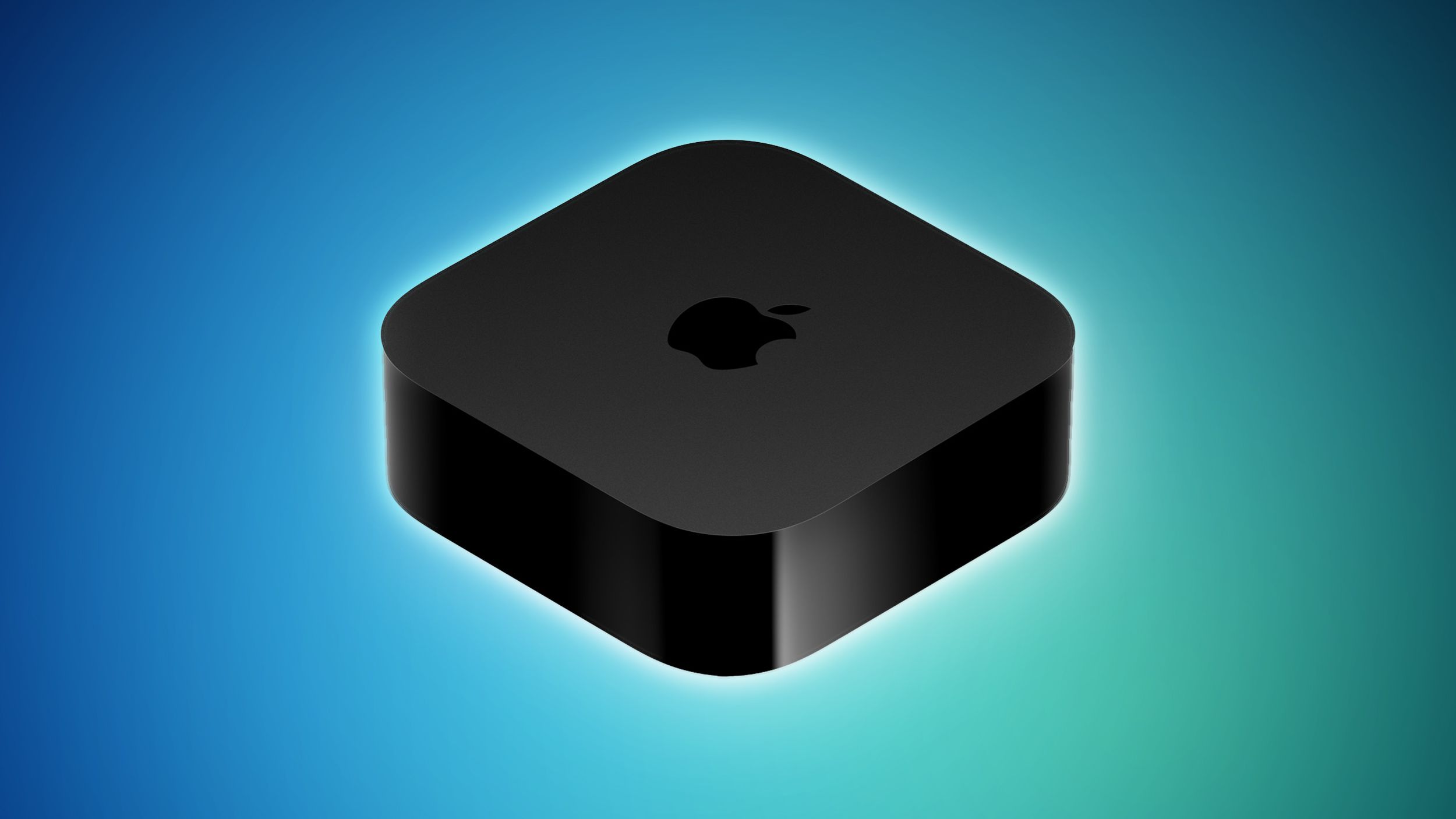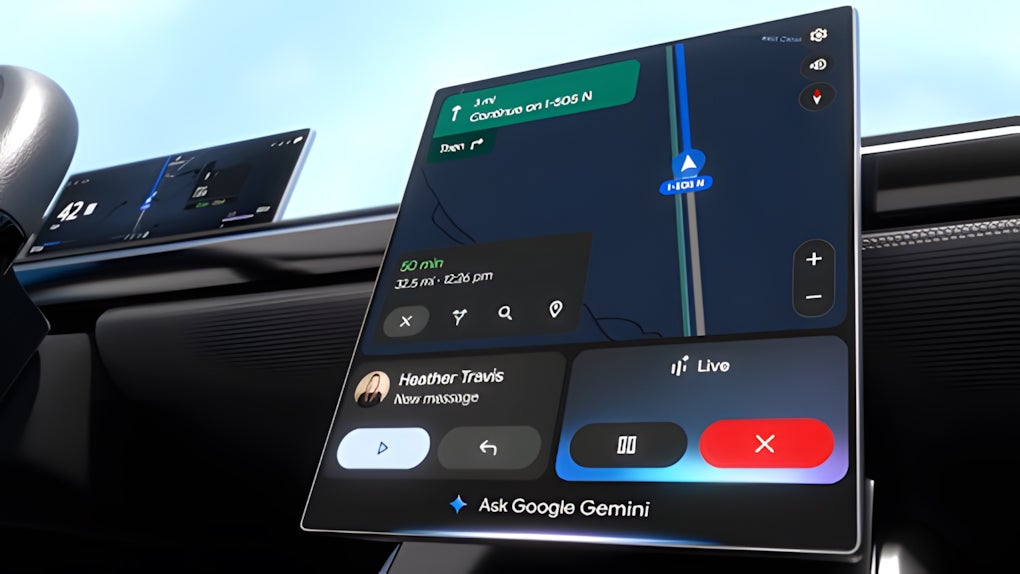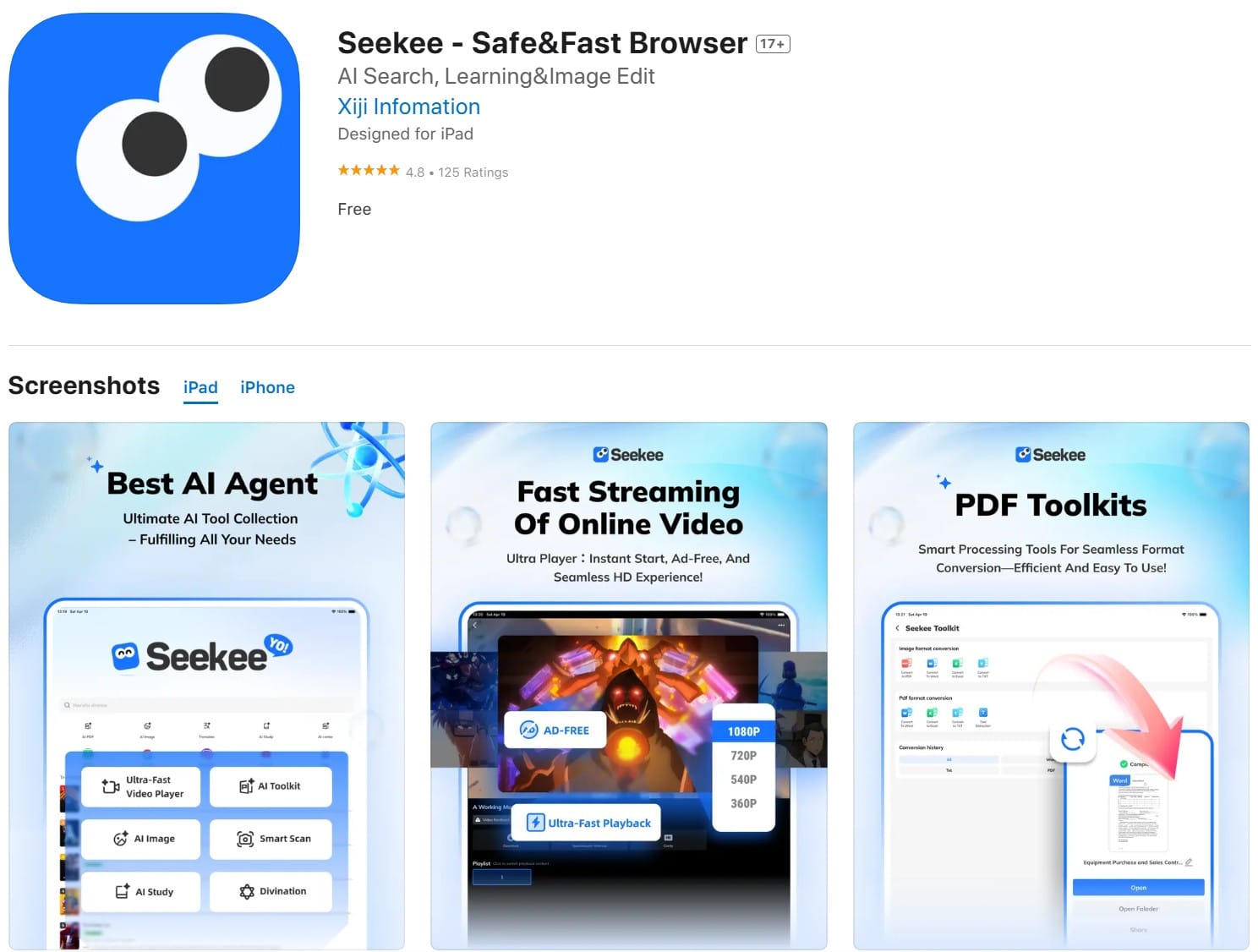OpenAI’s $3 Billion Windsurf Deal Hints at Bigger AI Ambitions
OpenAI has agreed upon a deal to acquire Windsurf, an AI-powered coding tool formerly known as Codeium, for $3 billion, according to anonymous sources cited by Bloomberg. While the details of the deal have not been finalized yet, the reported price tag marks OpenAI's largest acquisition to date. Windsurf is an AI-powered Integrated Development Environment (IDE) designed to let developers interact with autonomous agents that can write, edit, and manage code across projects. Its AI-driven approach goes beyond traditional code completion tools. It allows users to have a more adaptive and interactive coding experience. The platform not only offers suggestions, but it can also take actions inside the codebase. Additionally, its Cascade feature allows for project-level control, not just line-by-line assistance. Windsurf has recently been in talks with investors, including General Catalyst and Kleiner Perkins, to raise funding at a $3 billion valuation, but ultimately agreed to the offer by OpenAI instead. Interestingly, OpenAI has been pursuing Windsurf competitor Cursor, however, that deal didn’t go through as the companies couldn’t agree on price. Cursor’s last valuation was an impressive $9 billion when it raised $900 million in May 2025. The Windsurf acquisition has garnered significant attention, largely due to OpenAI’s decision to invest $3 billion in a company generating only $40 million in annualized revenue. This signals OpenAI’s bold bet on the future of AI-driven software development. It also shows that OpenAI views the acquisition as a strategic move. It is keen to counter big challenges from Google and Anthropic and to secure a dominant position in the emerging agentic AI world. Beyond enhancing developers' coding capabilities, OpenAI is making a clear play to become the go-to platform for building and interacting with autonomous AI agents. According to some reports and interviews, Windsurf has been working on high-performance servers designed for AI agent workflows and even exploring custom chips. These systems support Model Context Protocol (MCP), which directs AI agent tasks to the best available computing resource. This adds another layer to the acquisition as OpenAI may also be aiming to build a hardware foundation that reduces its dependence on companies like Nvidia while strengthening its position against competitors like Google and Microsoft. If OpenAI’s acquisition of Windsurf goes through, it could draw scrutiny from antitrust regulators, not because of Windsurf’s size, but because of its strategic position in a highly concentrated and fast-moving market. The Federal Trade Commission (FTC) has recently taken a tougher stance on tech mergers, challenging deals that might have passed without issue in the past. The FTC is currently in a legal fight with Meta over two acquisitions it had previously approved during the Obama administration but now sees as more significant than initially thought. While regulators debate how to approach AI consolidation, Windsurf has quickly evolved from a niche infrastructure startup into a key player in developer-focused AI. Founded in 2021 by Varun Mohan and Douglas Chen, Windsurf was originally named Exafunction Inc. However, recognizing the growing demand for GenAI applications, the company pivoted to developing AI-powered developer tools and renamed the company as Codeium. In November 2024, the company launched Windsurf Editor, an AI-native IDE, which quickly became its flagship product. By April 2025, the company rebranded entirely to Windsurf, reflecting its broader ambition to expand beyond developer tools and position itself as an AI-driven software development company. That ambition and its rapid growth soon caught the attention of larger players eager to expand their reach in AI development. OpenAI's most recent and largest acquisition comes amid a wave of deals aimed at strengthening its AI offerings as competition intensifies. OpenAI has already developed in-house applications, such as its image generator, but there are many areas where acquiring existing technology might be the more efficient and easier path forward. In the previous year, the Sam Altman-led company acquired Rockset, a search and database analytics startup, in a stock deal reportedly worth nine figures, with the goal of enhancing infrastructure for its enterprise solutions In 2023, OpenAI made its first public acquisition with Global Illumination, a New York-based AI design studio. The team joined OpenAI to work on core AI products, including ChatGPT. These acquisitions show a deliberate effort by OpenAI to move up the AI stack.

OpenAI has agreed upon a deal to acquire Windsurf, an AI-powered coding tool formerly known as Codeium, for $3 billion, according to anonymous sources cited by Bloomberg. While the details of the deal have not been finalized yet, the reported price tag marks OpenAI's largest acquisition to date.
Windsurf is an AI-powered Integrated Development Environment (IDE) designed to let developers interact with autonomous agents that can write, edit, and manage code across projects. Its AI-driven approach goes beyond traditional code completion tools. It allows users to have a more adaptive and interactive coding experience.
The platform not only offers suggestions, but it can also take actions inside the codebase. Additionally, its Cascade feature allows for project-level control, not just line-by-line assistance.
Windsurf has recently been in talks with investors, including General Catalyst and Kleiner Perkins, to raise funding at a $3 billion valuation, but ultimately agreed to the offer by OpenAI instead.
Interestingly, OpenAI has been pursuing Windsurf competitor Cursor, however, that deal didn’t go through as the companies couldn’t agree on price. Cursor’s last valuation was an impressive $9 billion when it raised $900 million in May 2025.
The Windsurf acquisition has garnered significant attention, largely due to OpenAI’s decision to invest $3 billion in a company generating only $40 million in annualized revenue. This signals OpenAI’s bold bet on the future of AI-driven software development.
It also shows that OpenAI views the acquisition as a strategic move. It is keen to counter big challenges from Google and Anthropic and to secure a dominant position in the emerging agentic AI world. Beyond enhancing developers' coding capabilities, OpenAI is making a clear play to become the go-to platform for building and interacting with autonomous AI agents.
According to some reports and interviews, Windsurf has been working on high-performance servers designed for AI agent workflows and even exploring custom chips. These systems support Model Context Protocol (MCP), which directs AI agent tasks to the best available computing resource.
This adds another layer to the acquisition as OpenAI may also be aiming to build a hardware foundation that reduces its dependence on companies like Nvidia while strengthening its position against competitors like Google and Microsoft.
If OpenAI’s acquisition of Windsurf goes through, it could draw scrutiny from antitrust regulators, not because of Windsurf’s size, but because of its strategic position in a highly concentrated and fast-moving market.
The Federal Trade Commission (FTC) has recently taken a tougher stance on tech mergers, challenging deals that might have passed without issue in the past. The FTC is currently in a legal fight with Meta over two acquisitions it had previously approved during the Obama administration but now sees as more significant than initially thought. While regulators debate how to approach AI consolidation, Windsurf has quickly evolved from a niche infrastructure startup into a key player in developer-focused AI.
Founded in 2021 by Varun Mohan and Douglas Chen, Windsurf was originally named Exafunction Inc. However, recognizing the growing demand for GenAI applications, the company pivoted to developing AI-powered developer tools and renamed the company as Codeium.
In November 2024, the company launched Windsurf Editor, an AI-native IDE, which quickly became its flagship product. By April 2025, the company rebranded entirely to Windsurf, reflecting its broader ambition to expand beyond developer tools and position itself as an AI-driven software development company. That ambition and its rapid growth soon caught the attention of larger players eager to expand their reach in AI development.
OpenAI's most recent and largest acquisition comes amid a wave of deals aimed at strengthening its AI offerings as competition intensifies. OpenAI has already developed in-house applications, such as its image generator, but there are many areas where acquiring existing technology might be the more efficient and easier path forward.
In the previous year, the Sam Altman-led company acquired Rockset, a search and database analytics startup, in a stock deal reportedly worth nine figures, with the goal of enhancing infrastructure for its enterprise solutions
In 2023, OpenAI made its first public acquisition with Global Illumination, a New York-based AI design studio. The team joined OpenAI to work on core AI products, including ChatGPT. These acquisitions show a deliberate effort by OpenAI to move up the AI stack.

















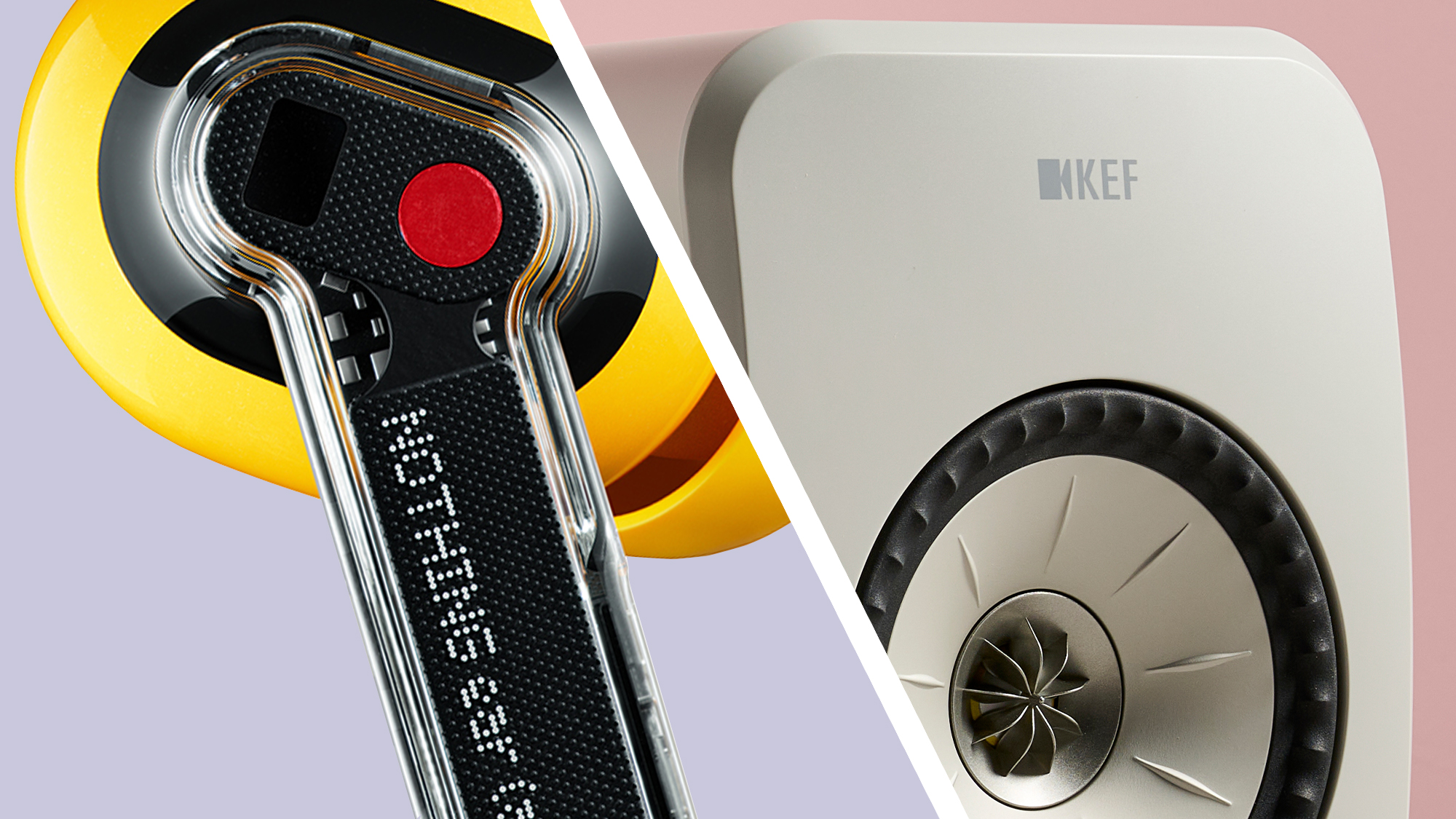
































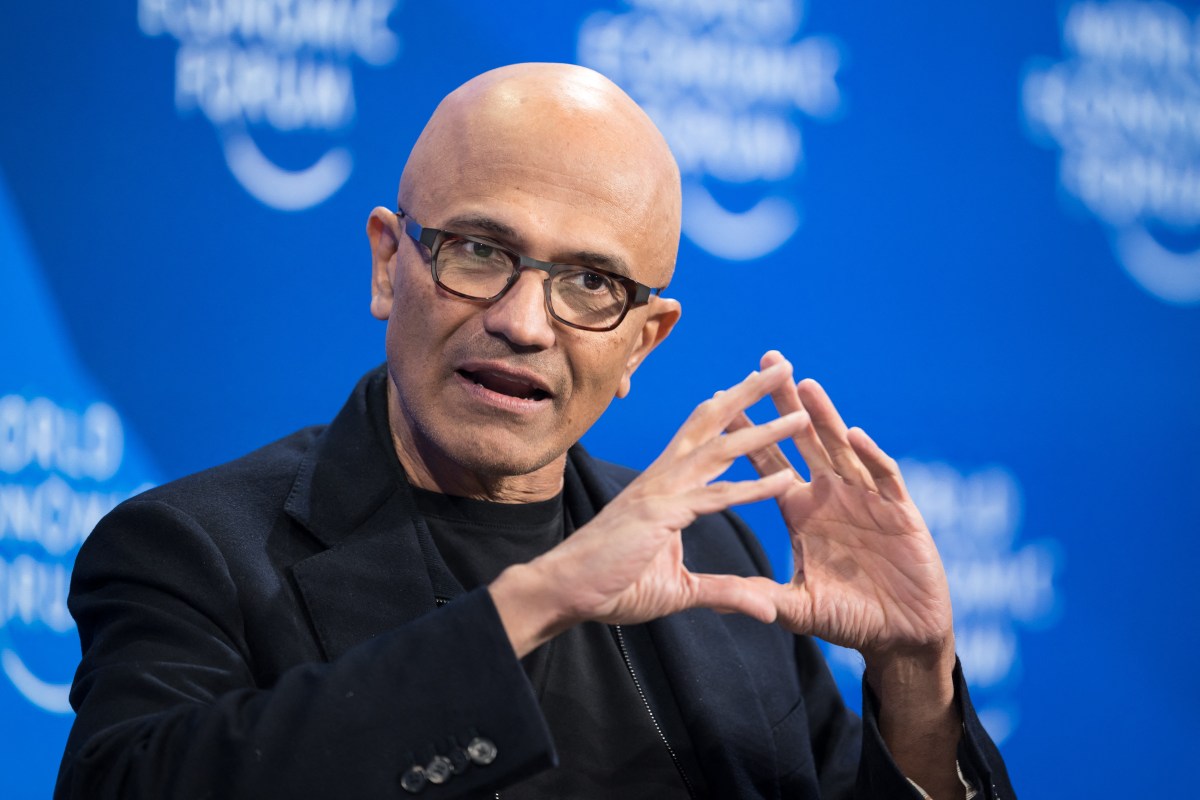






























































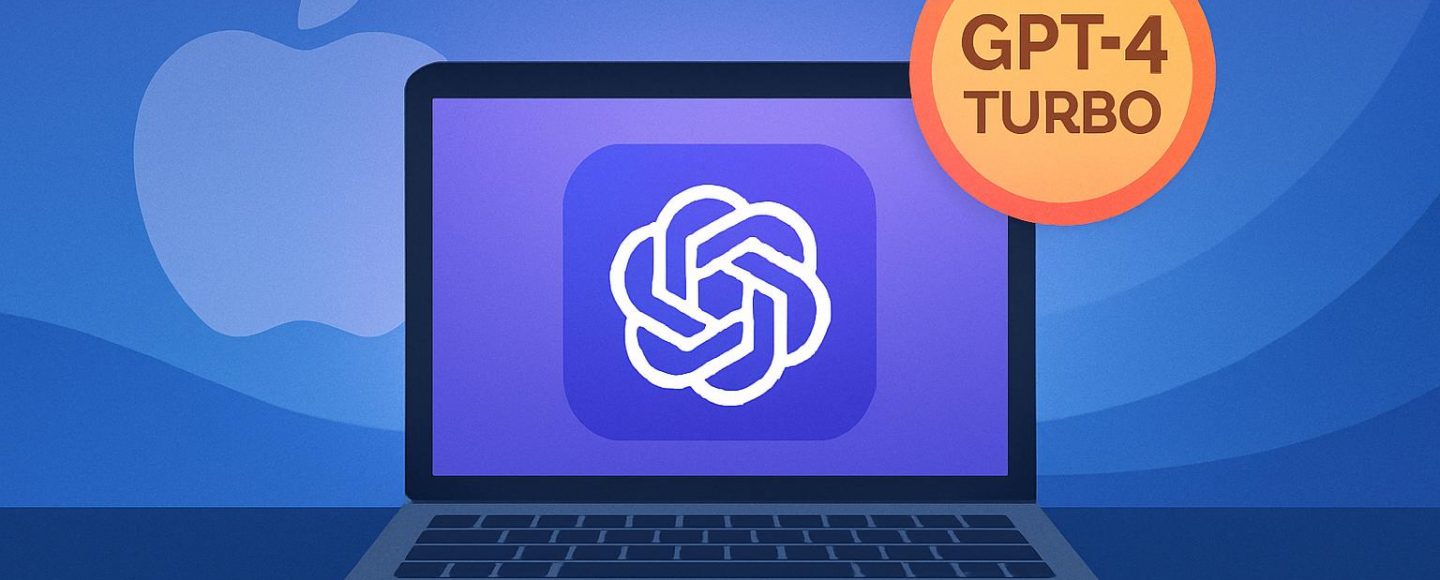




































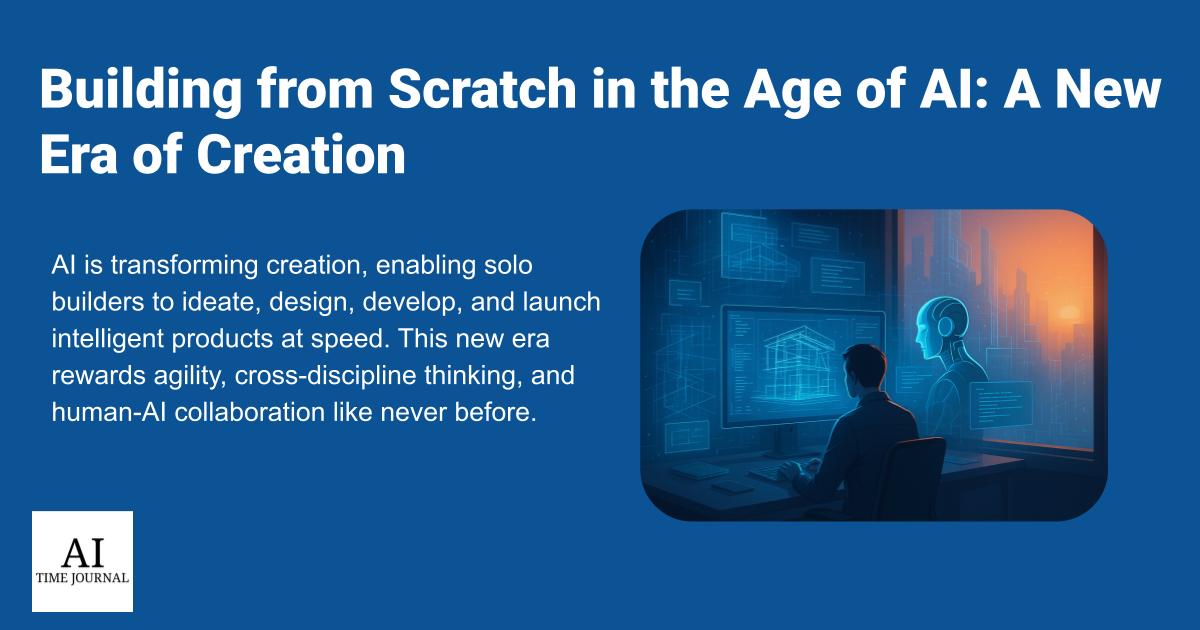















![[The AI Show Episode 147]: OpenAI Abandons For-Profit Plan, AI College Cheating Epidemic, Apple Says AI Will Replace Search Engines & HubSpot’s AI-First Scorecard](https://www.marketingaiinstitute.com/hubfs/ep%20147%20cover.png)


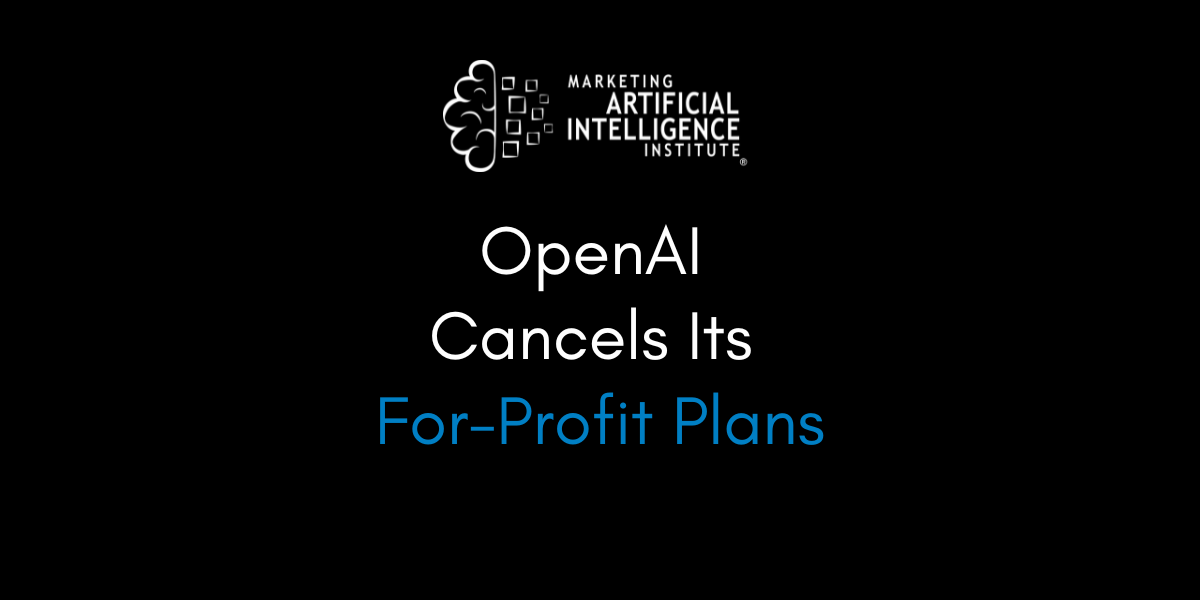




































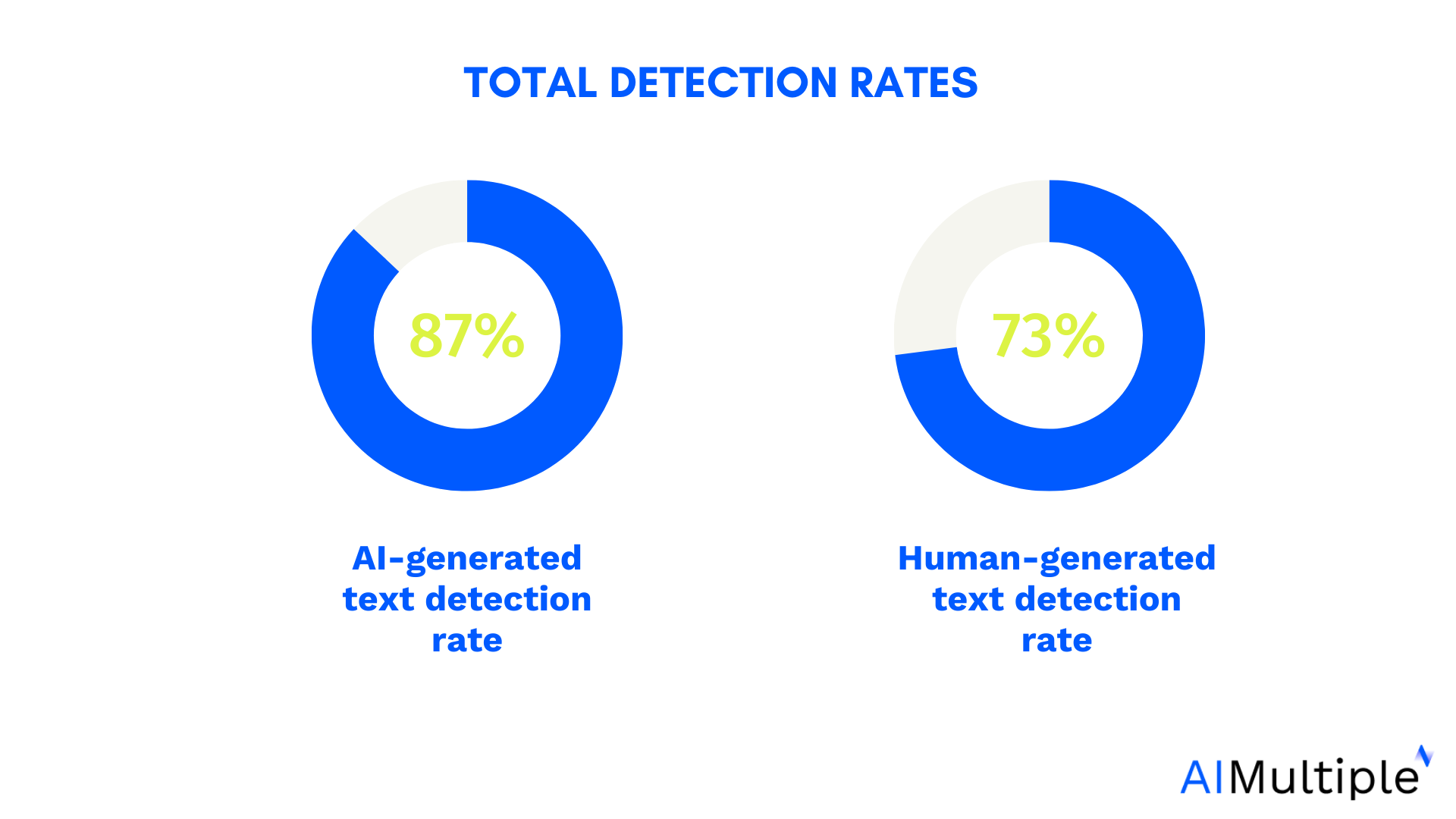

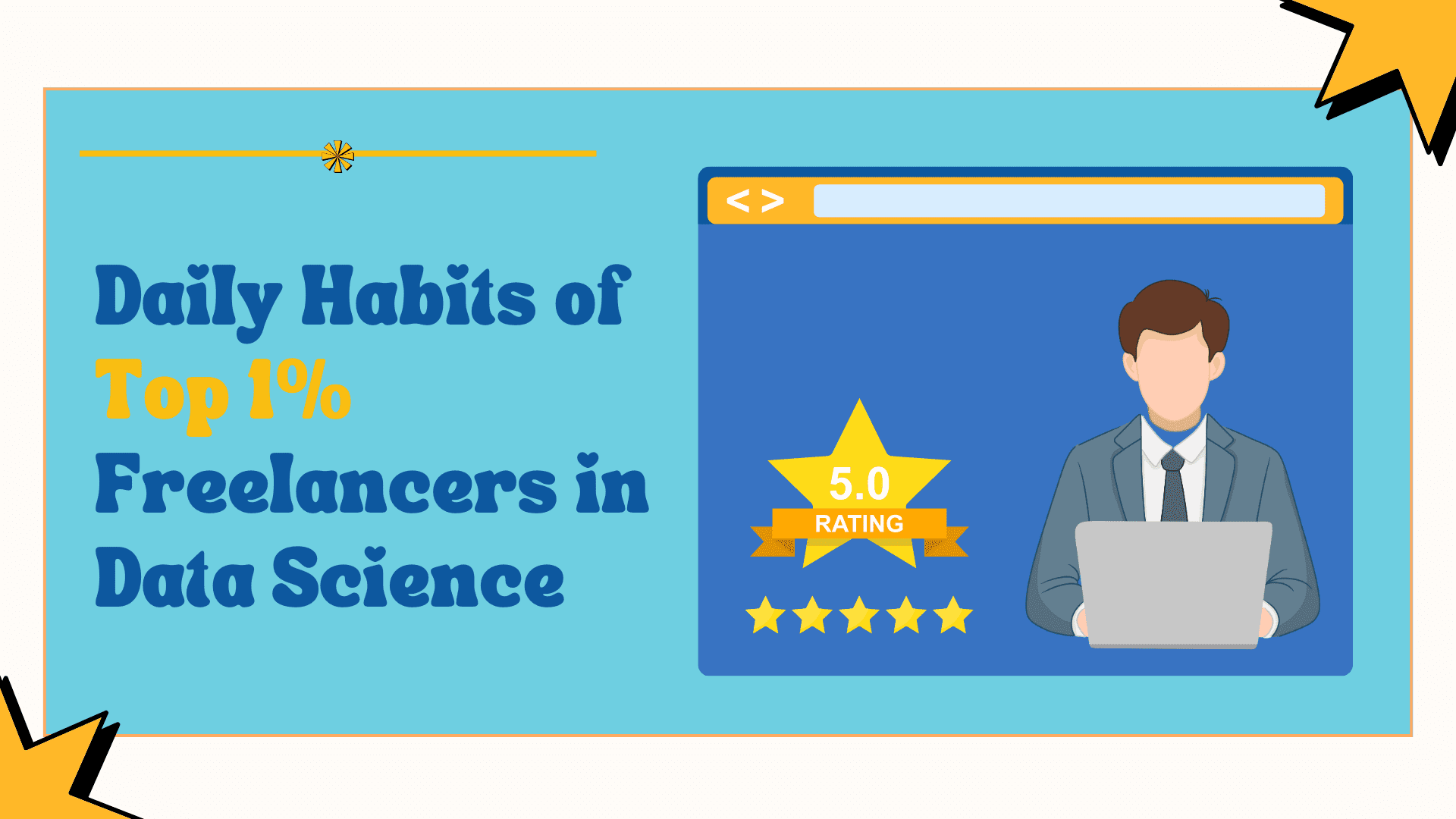
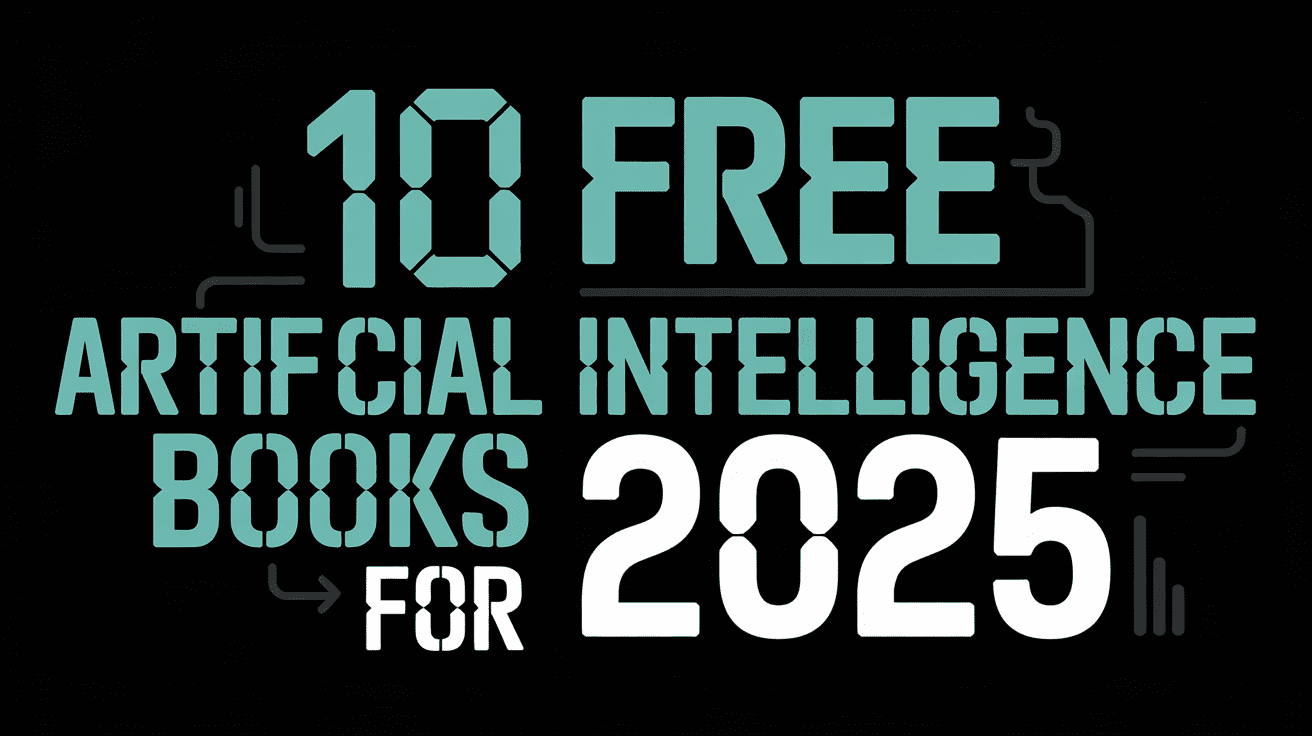
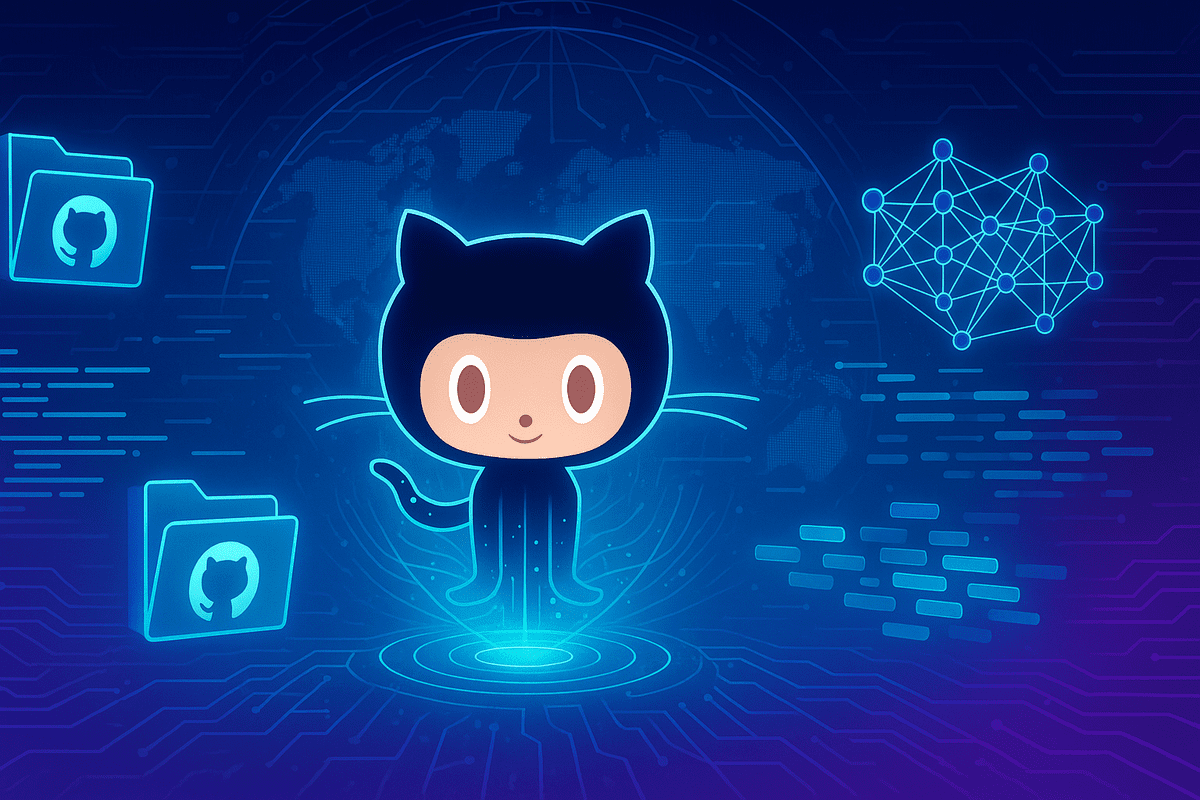






























































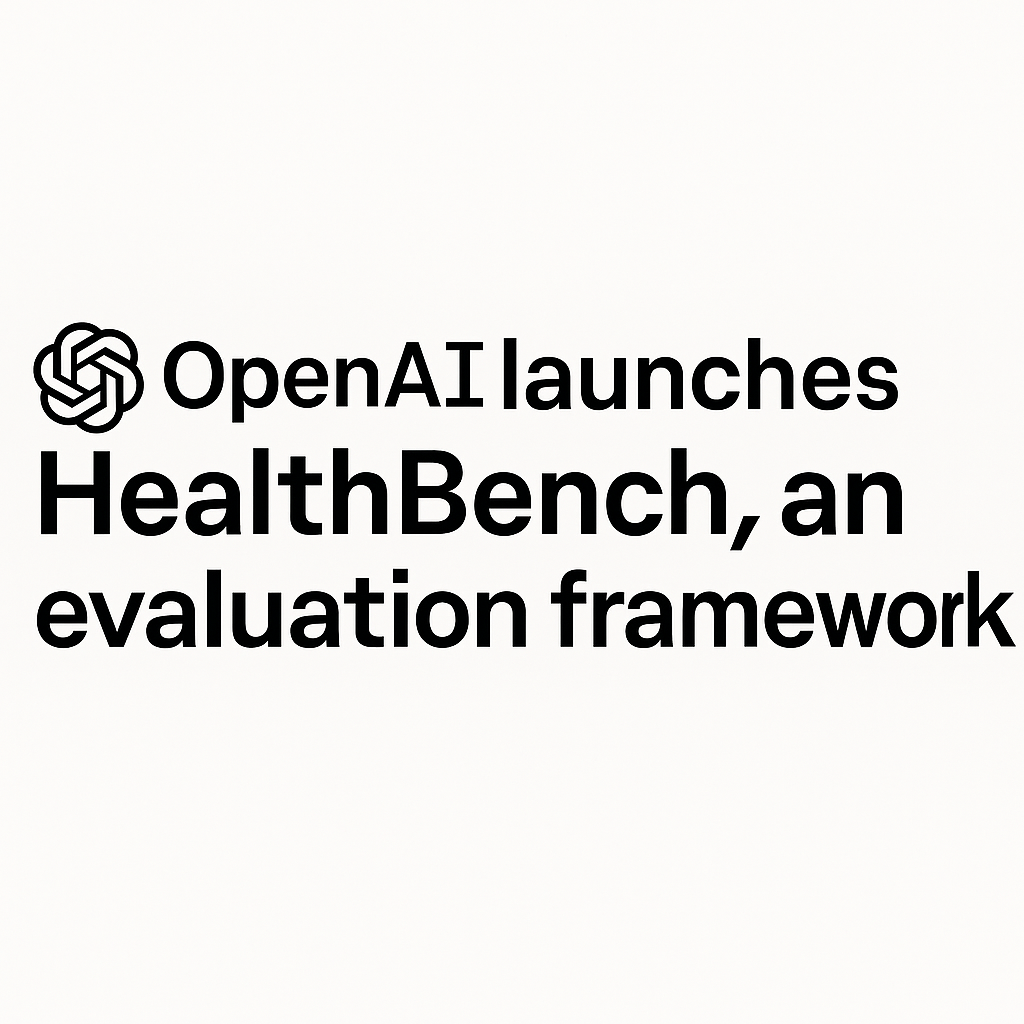





























































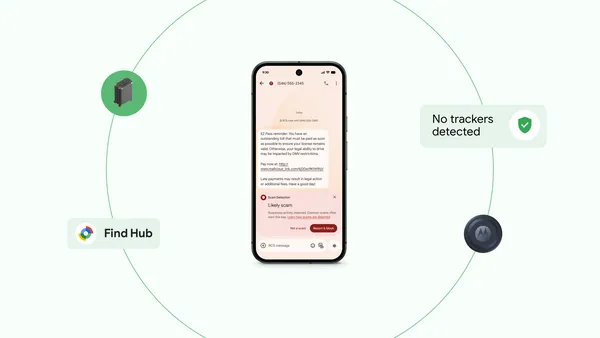








.jpeg?width=1920&height=1920&fit=bounds&quality=70&format=jpg&auto=webp#)







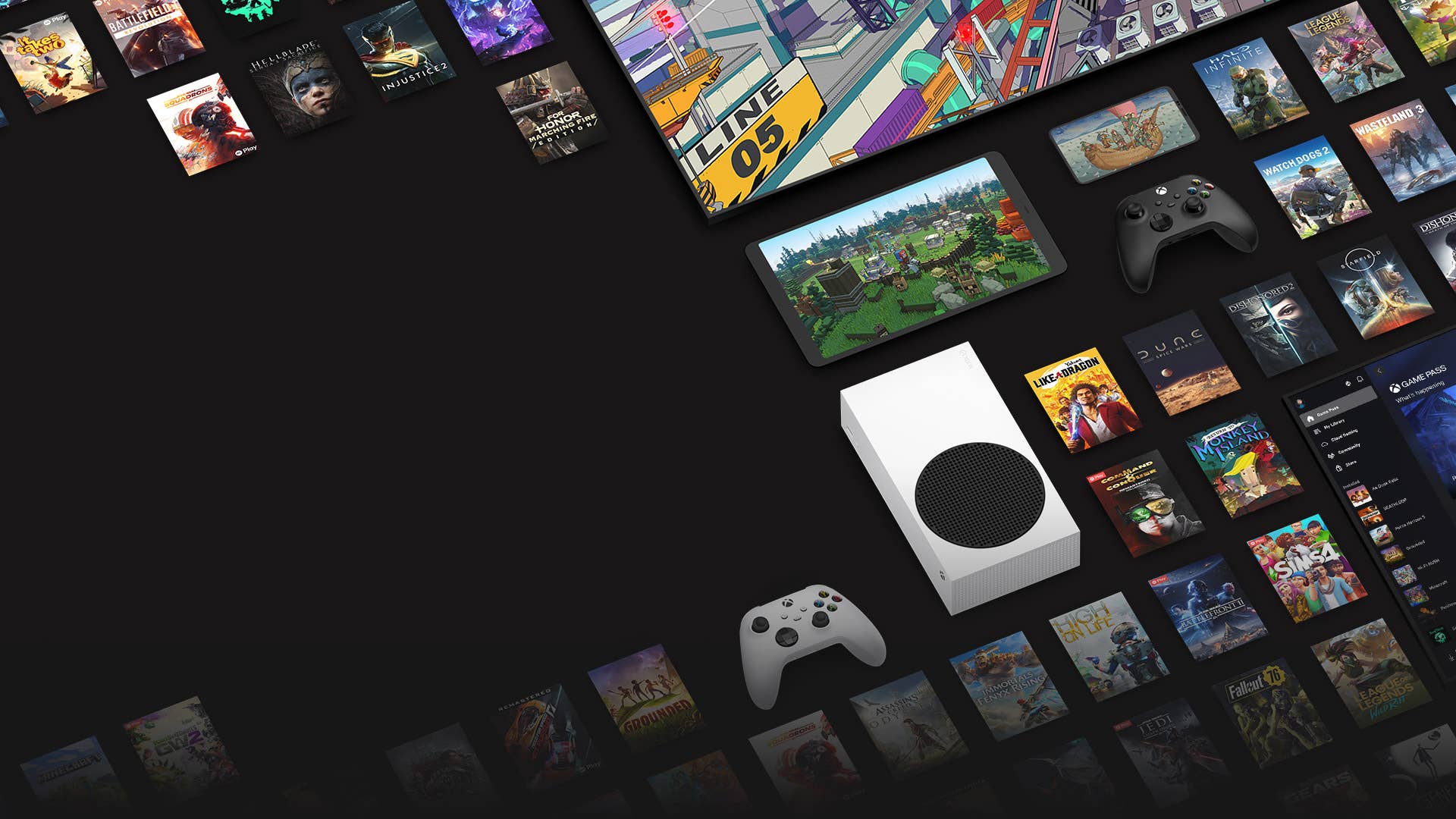























































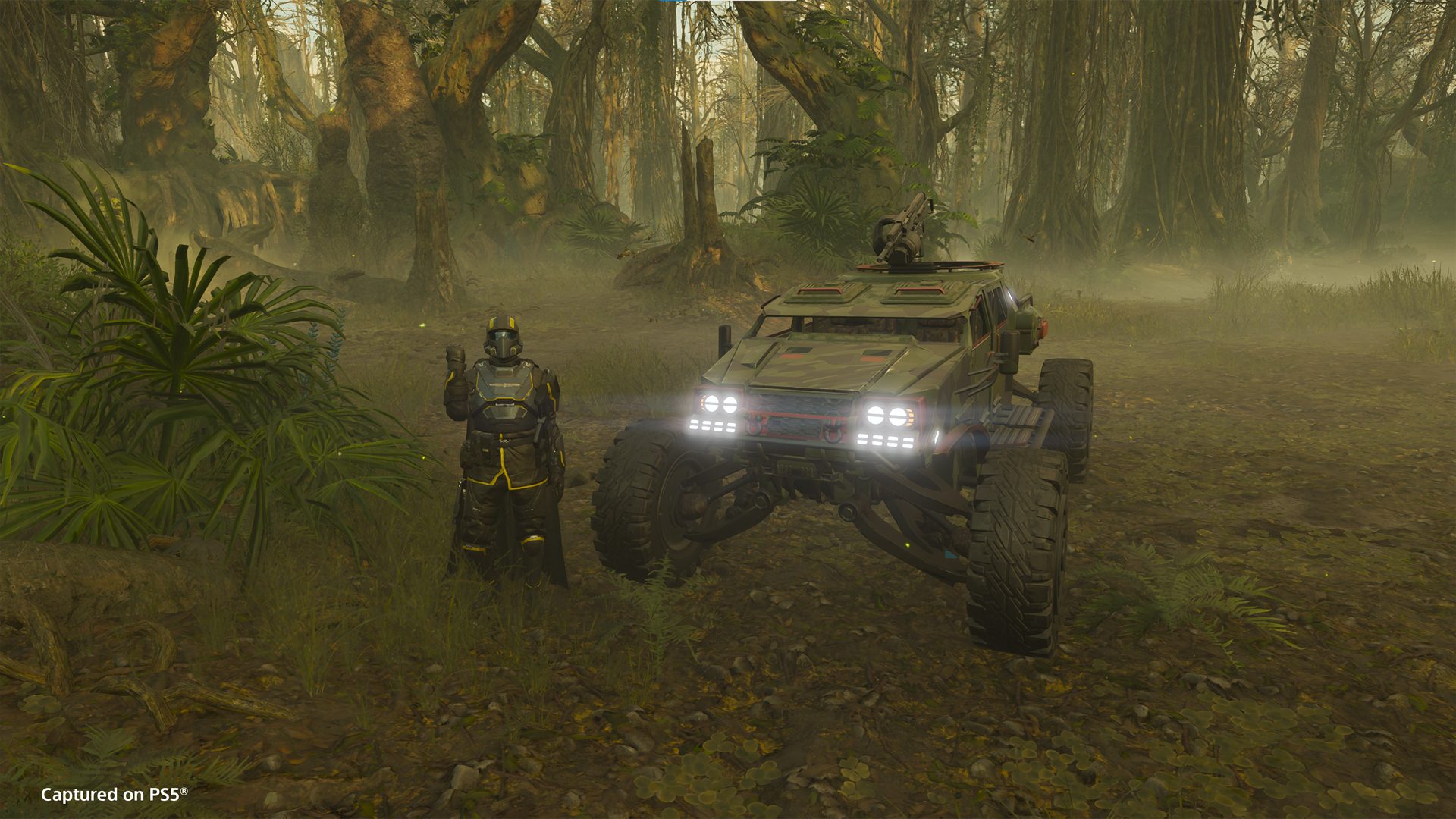








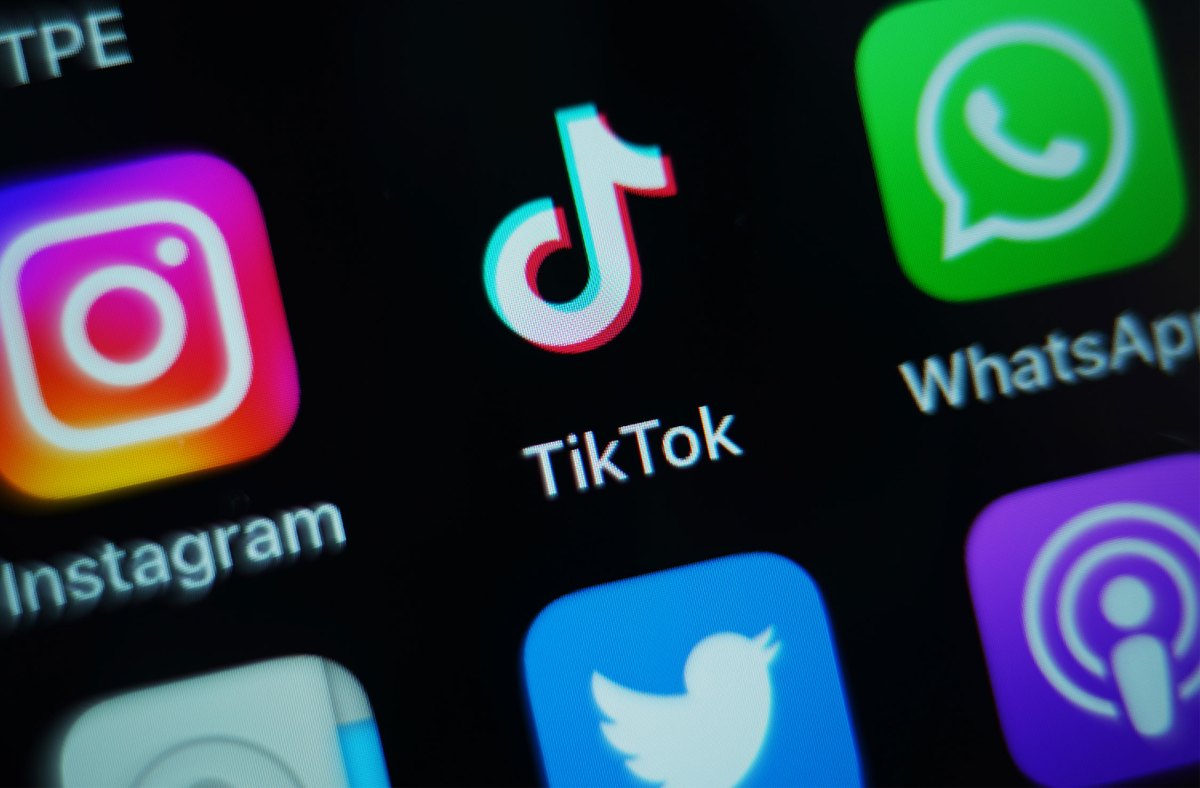








_ElenaBs_Alamy.jpg?width=1280&auto=webp&quality=80&disable=upscale#)



















































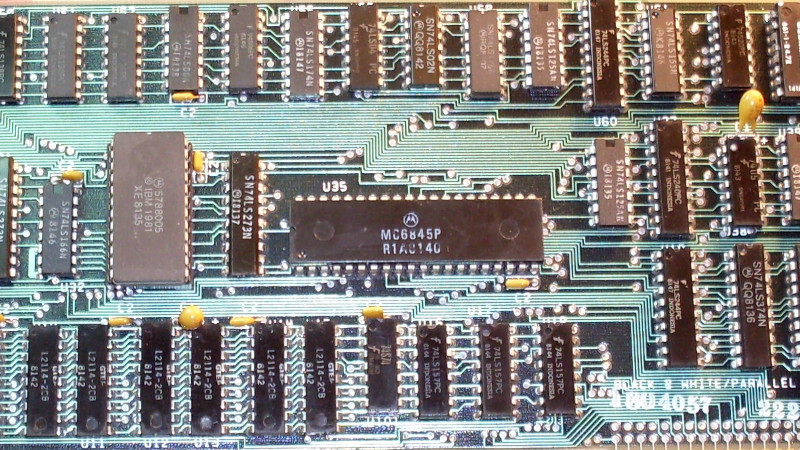
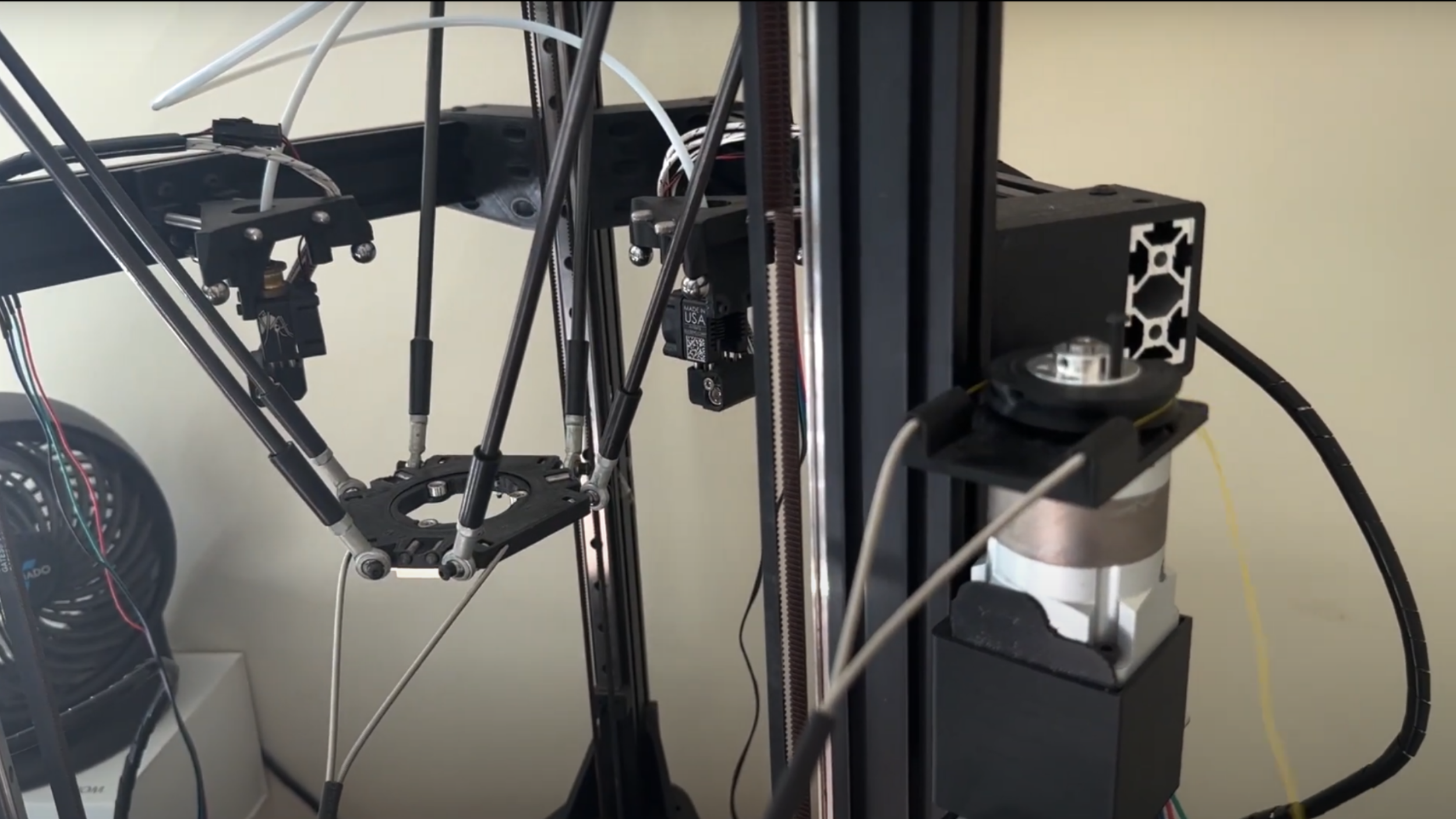


















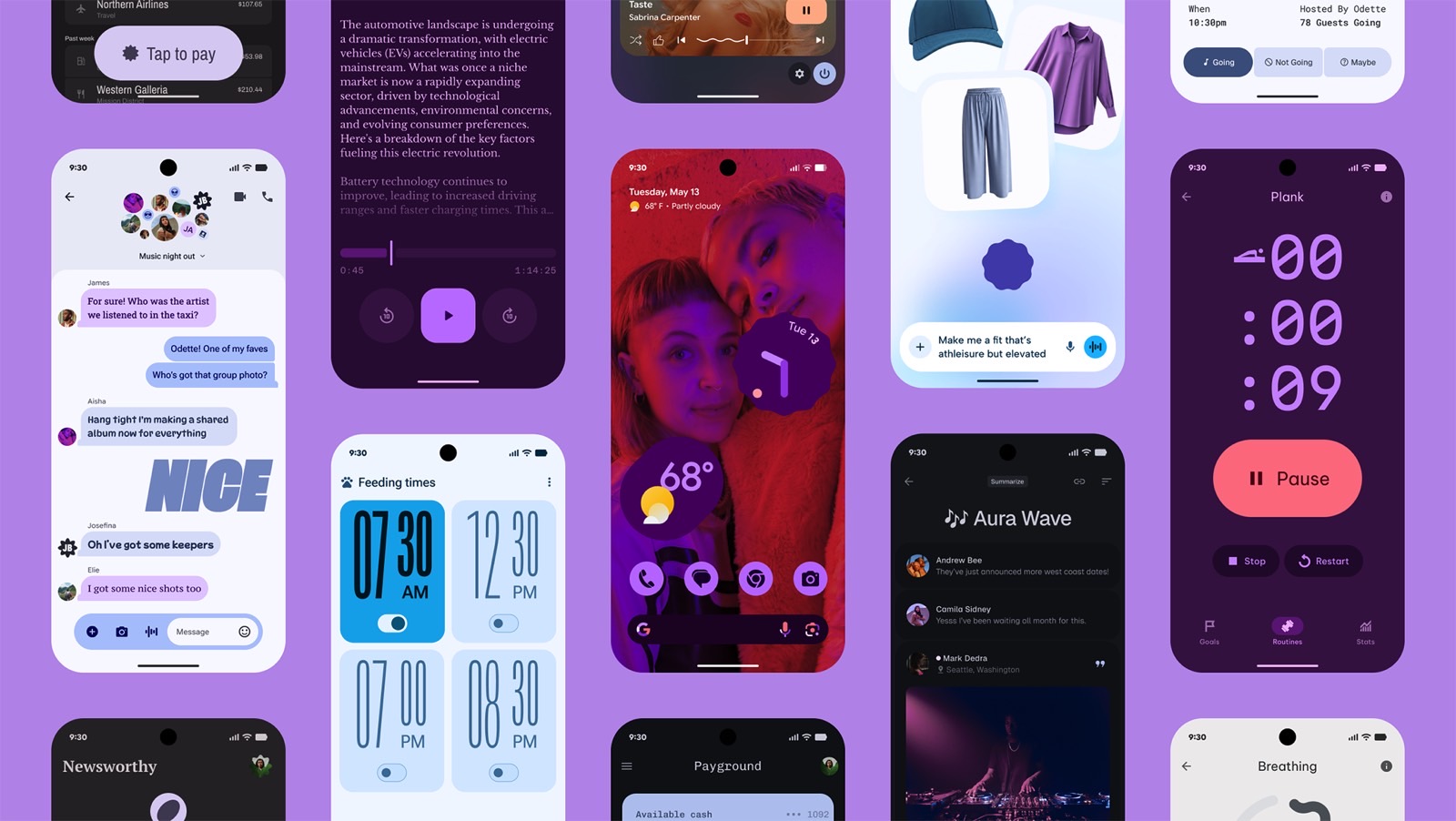
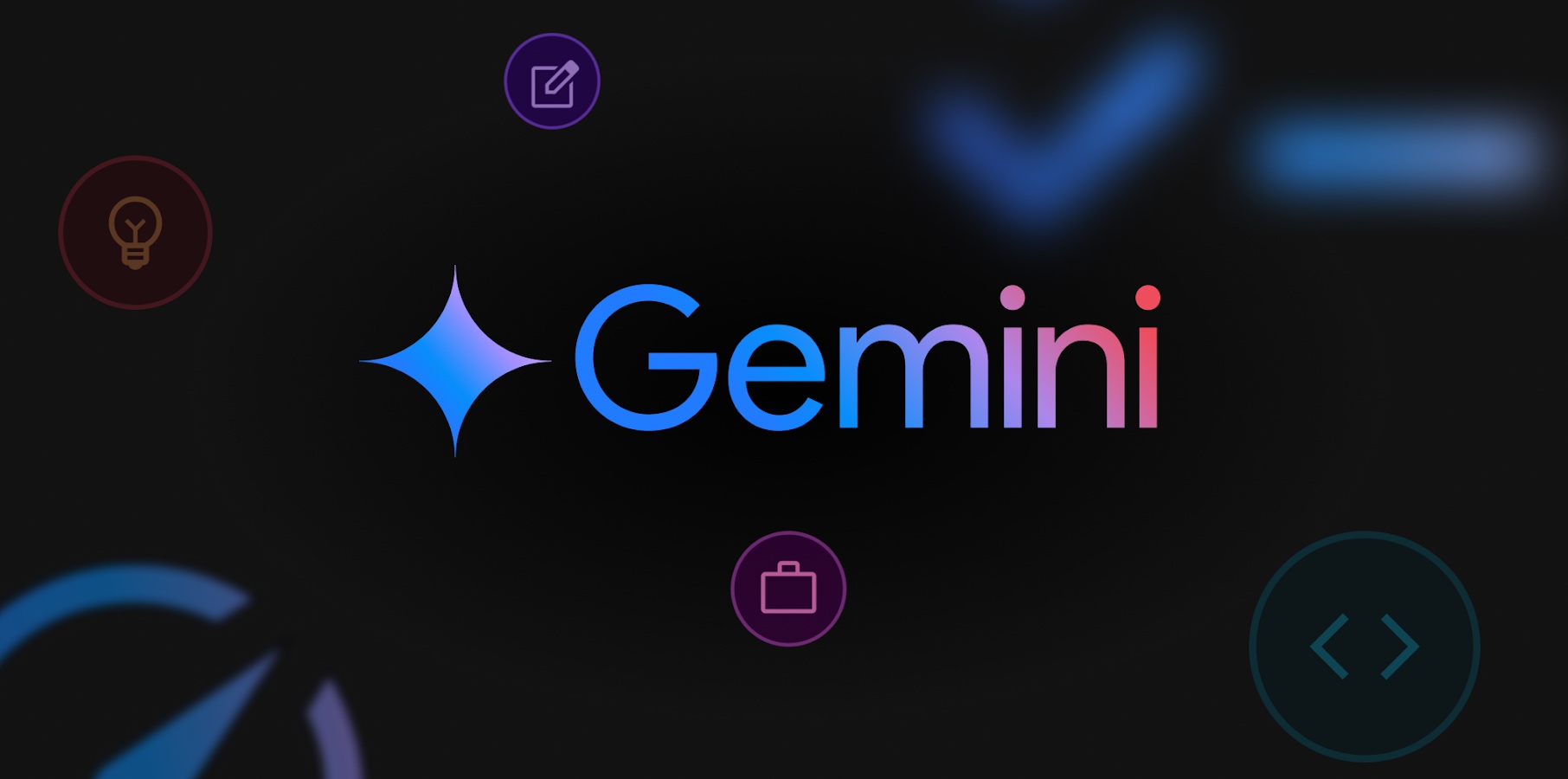





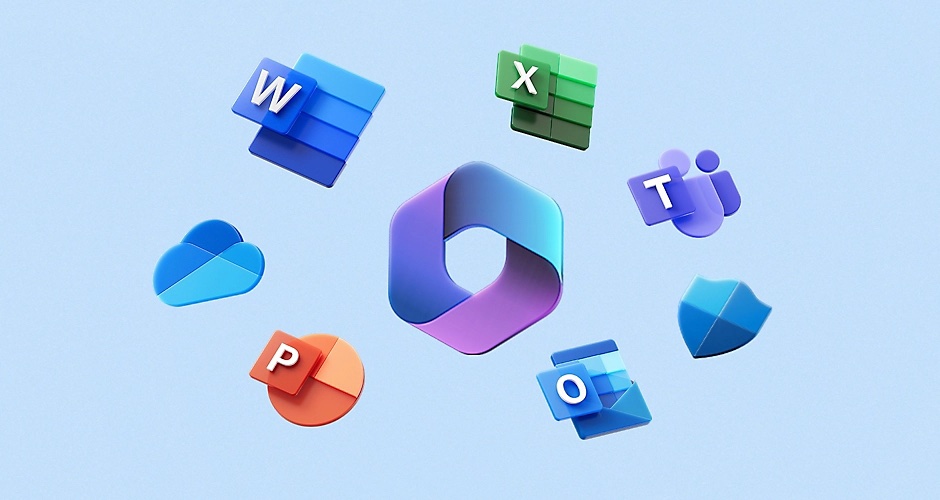

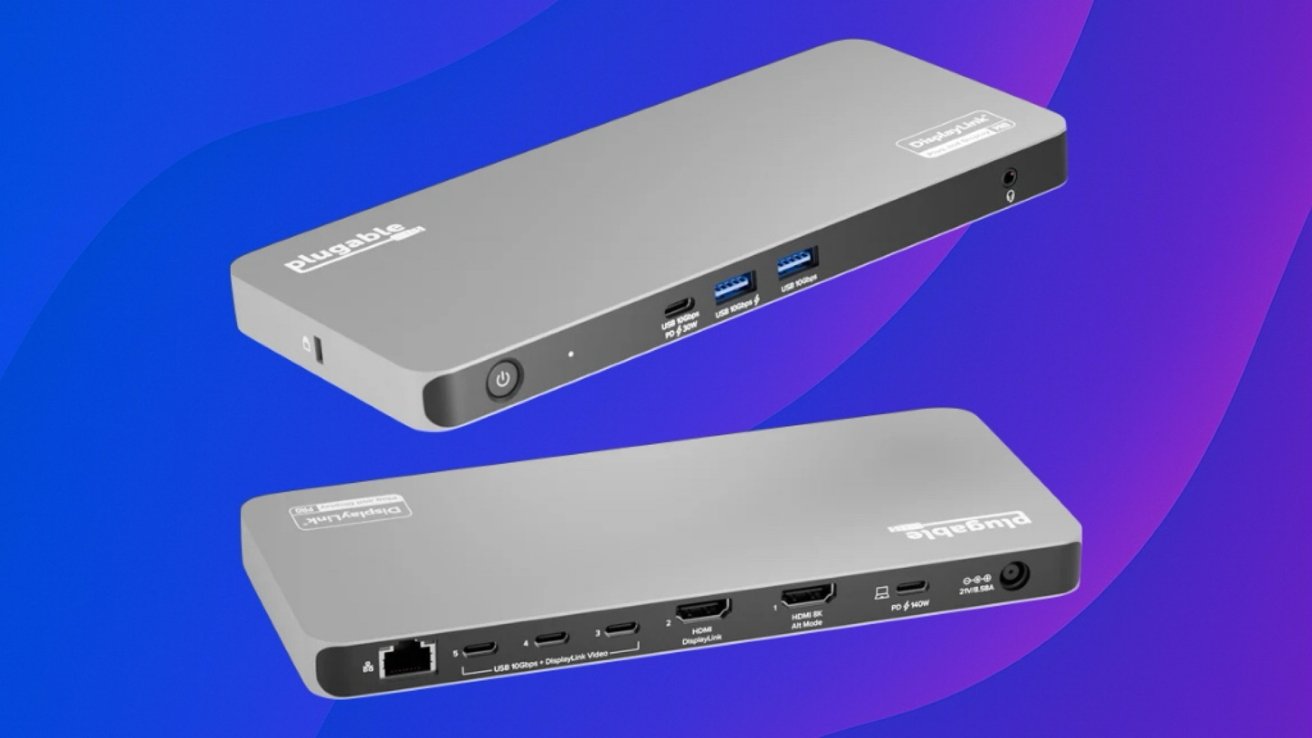

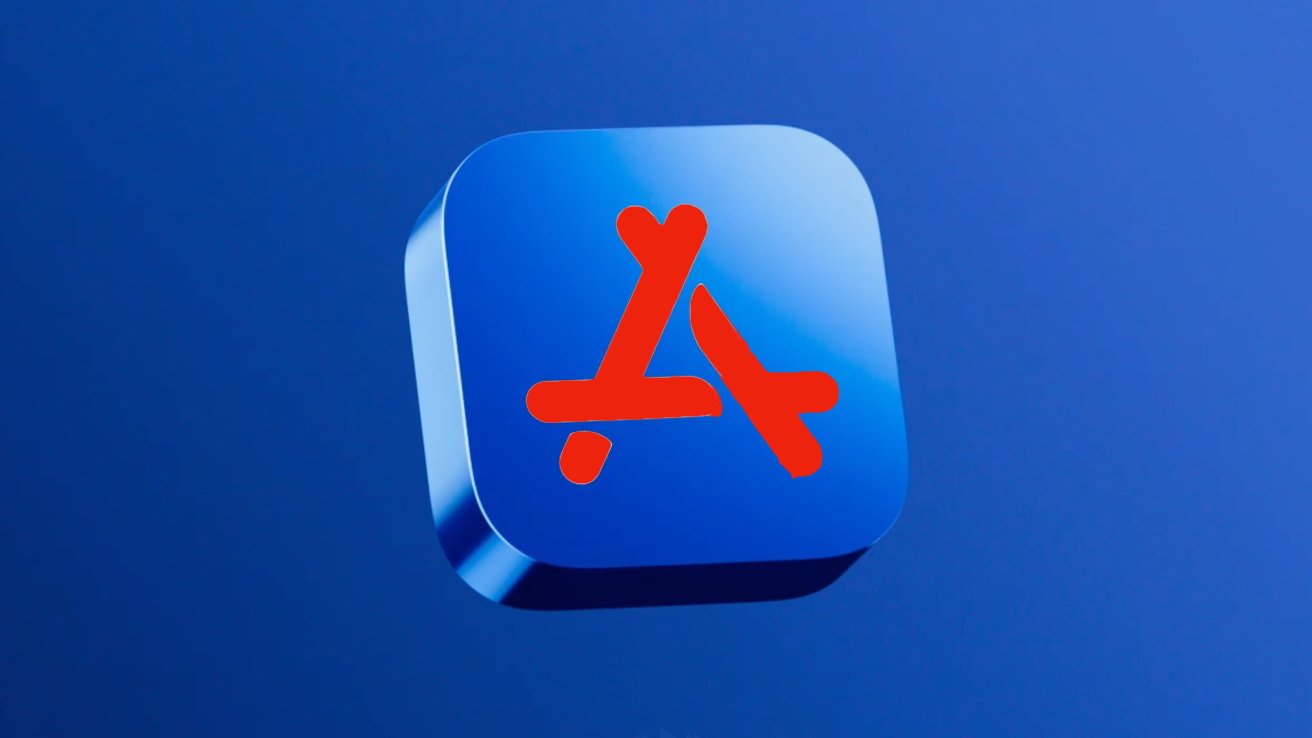












![Gemini coming to Android Auto with Live, automatic translation, more [Video]](https://i0.wp.com/9to5google.com/wp-content/uploads/sites/4/2025/05/google-gemini-android-auto-1.jpg?resize=1200%2C628&quality=82&strip=all&ssl=1)











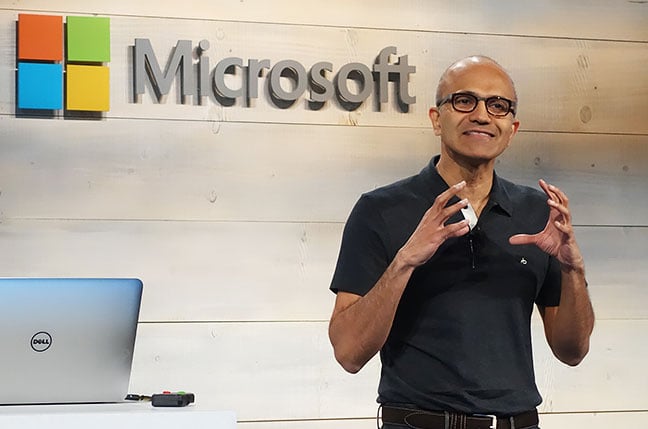


![Apple Working on Brain-Controlled iPhone With Synchron [Report]](https://www.iclarified.com/images/news/97312/97312/97312-640.jpg)














